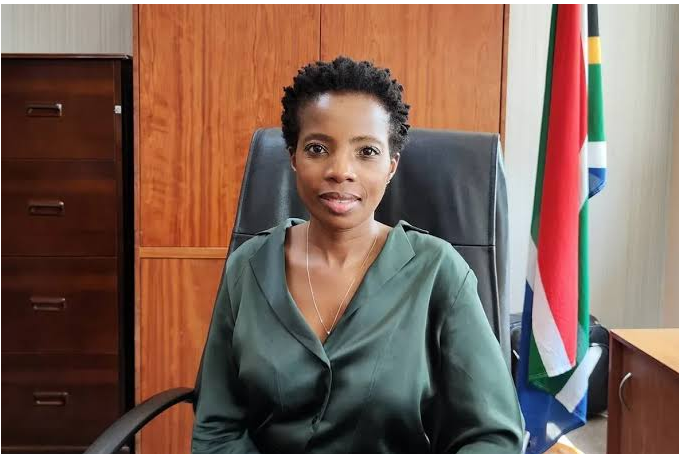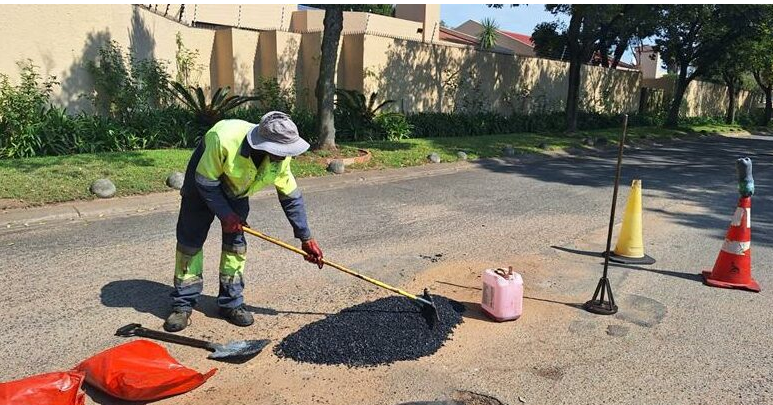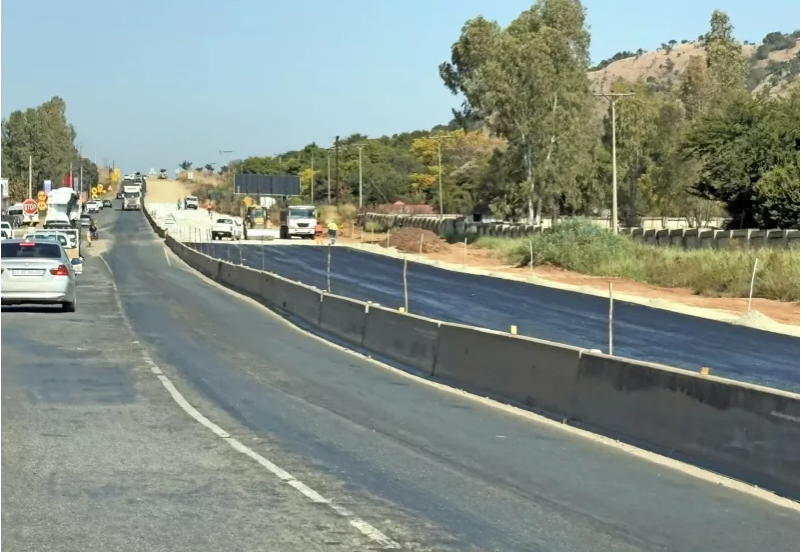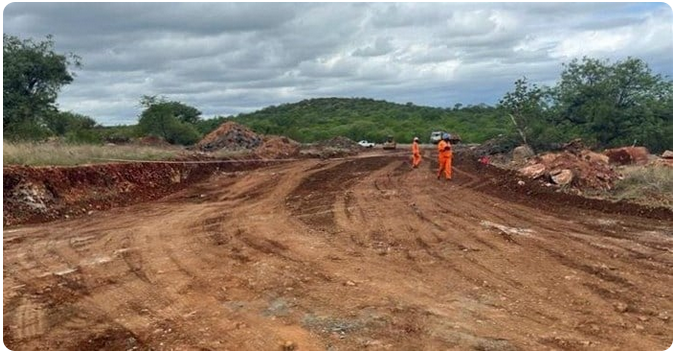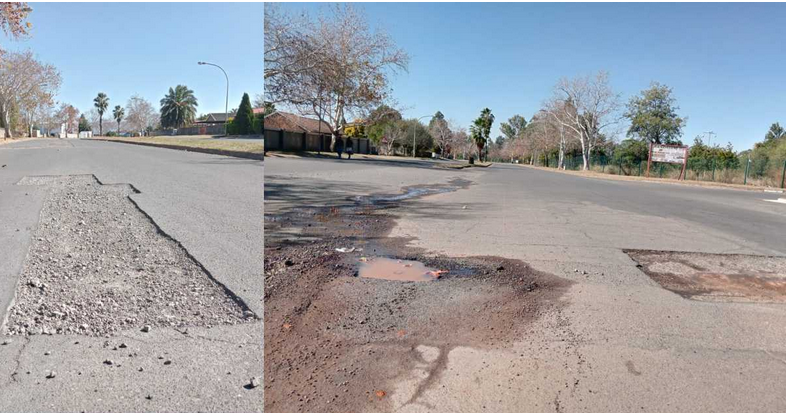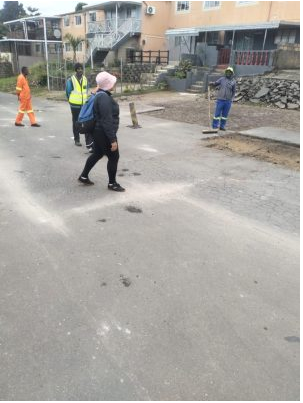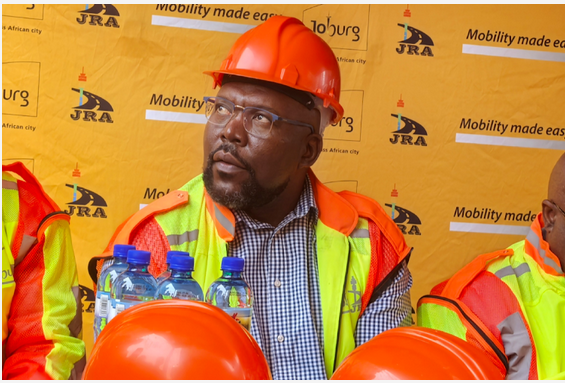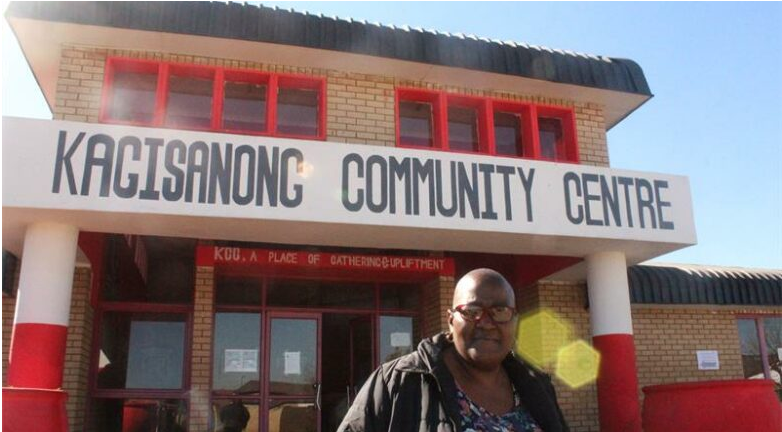Construction mafia won’t derail Acsa’s R22bn infrastructure build – CEO
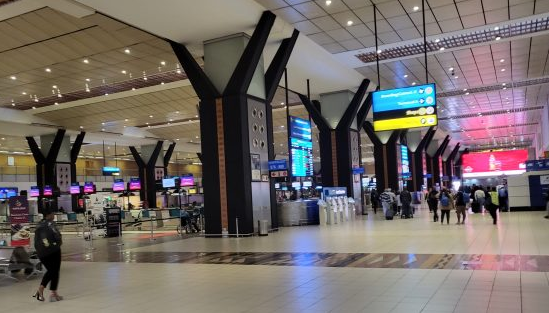
20-06-2025
Read : 9 times
Moneyweb
Source
Secrecy around costs is one measure being used to shield projects from disruptions.
Airports Company South Africa (Acsa) is taking an extreme measure to prevent its R21.7 billion infrastructure programme from being derailed by the “construction mafia” – secrecy.
Acsa CEO Mpumi Mpofu said the minute Acsa mentions a multi-billion project or what it will cost, it “attracts the type of attention we don’t need”.
Mpofu said Acsa is preparing for this, adding that briefings are taking place across South Africa about the risk and being better prepared, including “these measures of not being out there for all of us, not just airports”.
“Everybody who has got a big capital programme is now applying precautionary steps in the way they deal with the public information around their projects,” she said.
How do the bad actors gain access?
Moneyweb asked Mpofu how the construction mafia or so-called business forums gain access to Acsa properties as they are national key points and are supposed to be secured from a security perspective.
She cited the example of “findings” that indicate the “construction mafia” now block or hijack material supply from source.
She said “all sorts of things” are happening and that the construction mafia’s actions are getting extremely complex.
“We have amended the presentation because of a really new threat splashing around how much money these projects cost. It’s now a risk in South Africa.”
Mpofu’s reference to amending the presentation relates to a slide presentation at a briefing by Acsa on Thursday on its infrastructure maintenance programme covering the scope, timelines, key objectives, and what it means for airport operations, passenger experience, and the aviation sector at large.
The cost of a project was not reflected on any of the slides.
Acsa officials further indicated the presentation would only be made available to the media by the close of business on Friday because amendments had to be made to it in line with the precautionary measures being taken in light of the activities and threat posed by the construction mafia.
Post-pandemic recovery and expansion
Mpofu said between 65% and 70% of Acsa’s infrastructure budget is for maintenance, refurbishment and rehabilitation, with the balance for new capacity, including the new R5.6 billion cargo terminal.
She described the new cargo terminal at OR Tambo International Airport, which was not mentioned in the briefing, as “beautiful” and “our pride and joy”.
“We have just avoided the capacity capex [capital expenditure] and given you a refurbishment feel on the things people complain about because people are not really complaining about capacity,” she said.
Mpofu pointed out that Acsa was faced with the Covid-19 lockdown in 2020 and forced to shut down its airports other than to allow flight repatriations.
She said Acsa cut its capital expenditure to R700 million from over R1 billion, and that it lost R2.5 billion in the first year of the pandemic, R1.5 billion the following year, and R1 billion the year after that – with 2024 the first year it returned to profitability, reporting a profit of more than R400 million.
“I’m happy to indicate that this year, even by Q3, we are over R1 billion in profit before tax. So we are doing very well,” she said.
“We share this in the hope that we can reverse the narrative that insists on suggesting that we are in a crisis mode.”
Mpofu added that Acsa is sharing the timeframes of projects to restore public confidence.
“We are working and have recovered, and more importantly, ensuring that our customers have the best customer experience we can afford.”
Air traffic control, jet fuel and other issues
Mpofu admitted that Acsa has challenges, but stressed that problems are being fixed through its massive maintenance and rehabilitation programme, which is “as extensive” as when “we prepared for 2010 [World Cup], if not more”.
She said Acsa is collaborating with Air Traffic and Navigation Services (ATNS) to find solutions to the air traffic control issues that recently resulted in some flights being diverted to other airports.
She said Acsa’s infrastructure-related challenges were exacerbated by problems with jet fuel supplies – and that part of this problem emerged in February when there was a fire at the Natref refinery, which disrupted the jet fuel supply chain.
“We did not anticipate the refinery shutdown and needed time to make adjustments.”
She added that 61% of South Africa’s jet fuel supplies are now imported compared to 19% previously.
However, she noted that there are ongoing problems if Acsa has to wait for vessels to arrive.
King Shaka International has greater jet fuel storage capacity than OR Tambo International Airport, she added.
The maintenance and rehabilitation projects at OR Tambo International include addressing the sewerage issue as well as “upgrading the instrument landing system, refurbishment of passenger loading bridges, replacement of escalators and upgrading the uninterruptible power supply”.
At Cape Town International, the programme includes the replacement of the terminal roof, maintenance, and upgrading to an automated weather observation system, fire detection system and instrument landing system as well as runways, taxiways and aprons.
Recent News
Here are recent news articles from the Building and Construction Industry.
Have you signed up for your free copy yet?
